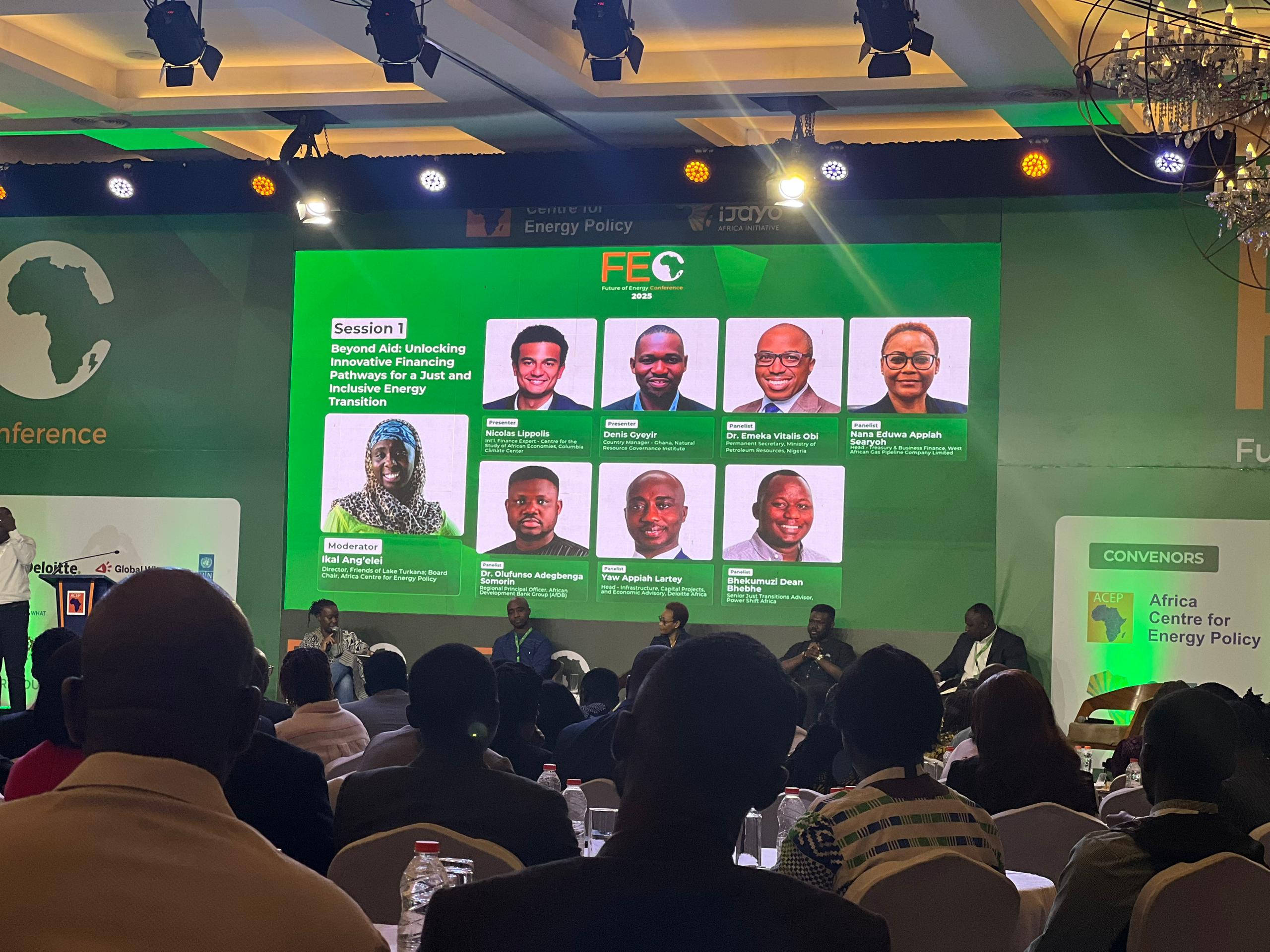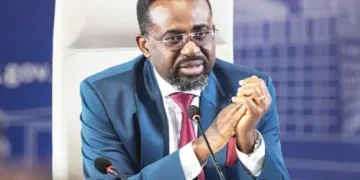ACEP Pushes for Bold Financing Models to Tackle Africa’s Energy Poverty at FEC 2025
The Executive Director of the Africa Centre for Energy Policy (ACEP), Ben Boakye, has called for bold and innovative financing models to unlock investments needed to close Africa’s energy access gap, warning that the continent cannot continue with “business as usual” in the face of a fast-changing global energy landscape.
Speaking at the 2025 edition of the Future of Energy Conference (FEC) in Accra, themed “Financing Africa’s Energy Future: Unlocking Investments for Energy Access and Economic Transformation,” Mr Boakye urged stakeholders to reimagine Africa’s approach to energy financing to address what he described as a human and developmental crisis.
“It is our chance to pause, reflect and look into the crystal ball of possibility. We are here to envision a future where Africa is energy secure, where energy is not the privilege of the few, but the right of all,” he said.
Citing persistent challenges, Mr Boakye noted that 600 million Africans still live without electricity, while more than 700,000 people, mostly women and children, die annually from reliance on unclean cooking energy. He stressed that these are not mere statistics, but “lives cut short, futures denied and dreams extinguished.”

Highlighting global shifts, he pointed to record-low solar photovoltaic prices and the rapid adoption of electric vehicles (EVs), which are reducing operating costs by up to 70%. He, however, cautioned that such shifts pose tough questions about the future of fossil fuel investments, jobs, and existing energy infrastructure.
Against this backdrop, he argued that Africa must define energy access not merely as extending power lines, but ensuring affordability and usability for households, businesses, schools, and hospitals.
“True access is light in the home, power in the factory, and energy in the schools and hospitals,” he remarked. “We must dismantle inefficiencies in the value chain, lower the cost of capital, and design financing instruments that serve Africa’s unique needs without overburdening already stretched governments.”
The ACEP boss emphasised the need for stronger domestic financing and innovative risk-mitigation mechanisms to reduce Africa’s high cost of energy financing despite sovereign guarantees.
“The future of energy in Africa is not just a technical and financial issue. It is profoundly human. It is about dignity, equity, and the simple right to live a life of possibility,” Mr Boakye stated.
The FEC, ACEP’s flagship annual event, convenes policymakers, development institutions, private sector leaders, academia, and civil society organisations to deliberate on governance, policy, and investment frameworks needed to accelerate Africa’s energy transition.
This year’s conference focuses on mobilising capital to finance Africa’s energy transformation, with discussions centred on bridging the continent’s energy access gap while driving industrial growth and economic competitiveness.








